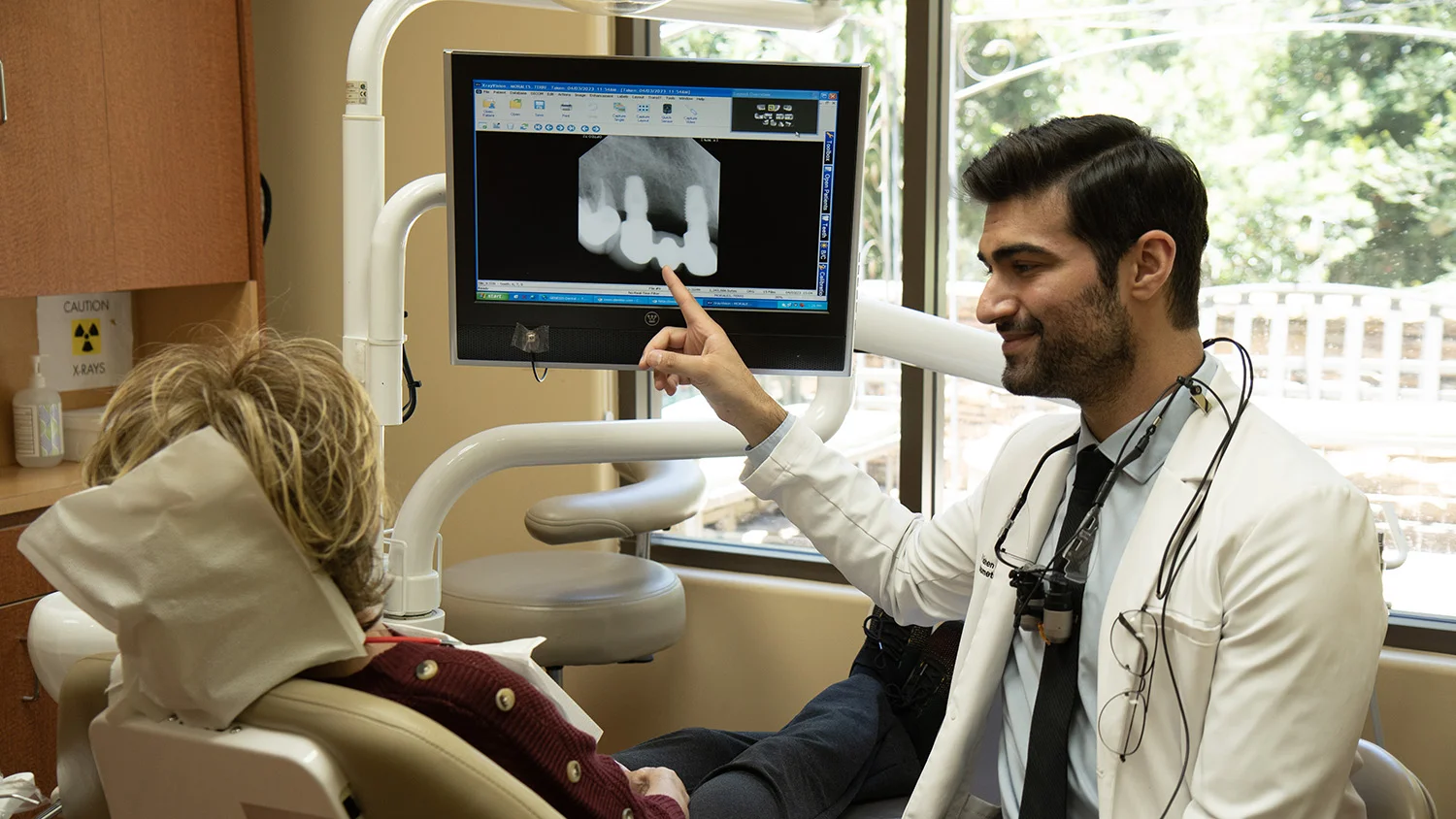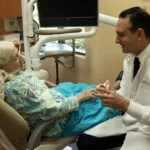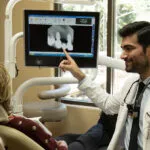


At Talega Dental Group, we take pride in offering the very best dental services to our patients, ensuring every visit is a positive and comfortable experience. Moreover, our skilled team uses the latest technology and advanced techniques to provide top-notch care, from routine cleanings to complex dental surgery procedures. Additionally, we focus on personalized treatment plans, addressing each patient’s unique needs with attention and compassion. Whether you need wisdom tooth extraction, tooth extraction, or other specialized care, our team of expert oral surgeons is equipped to assist you. Furthermore, we prioritize patient education, empowering you with the knowledge to maintain optimal oral health. Finally, with a warm and welcoming environment, our goal is to make you feel at ease, knowing you’re receiving exceptional dental care every step of the way.
Our Office Hours
Monday:
Tuesday:
Wednesday:
Thursday:
Friday:
Saturday:
Sunday:
9:00am-5:00pm
9:00am-5:00pm
10:00am-4:00pm
9:00am-5:00pm
9:00am-5:00pm
Closed
Closed
contact us
Locate Us








